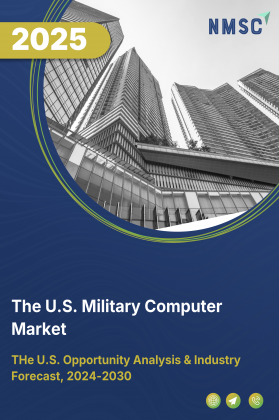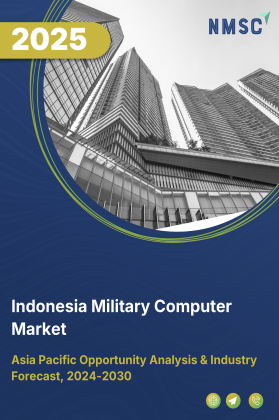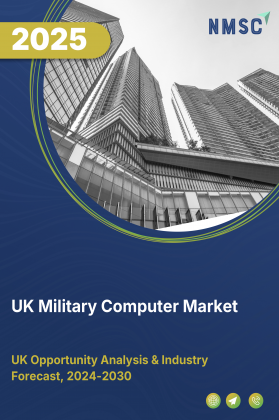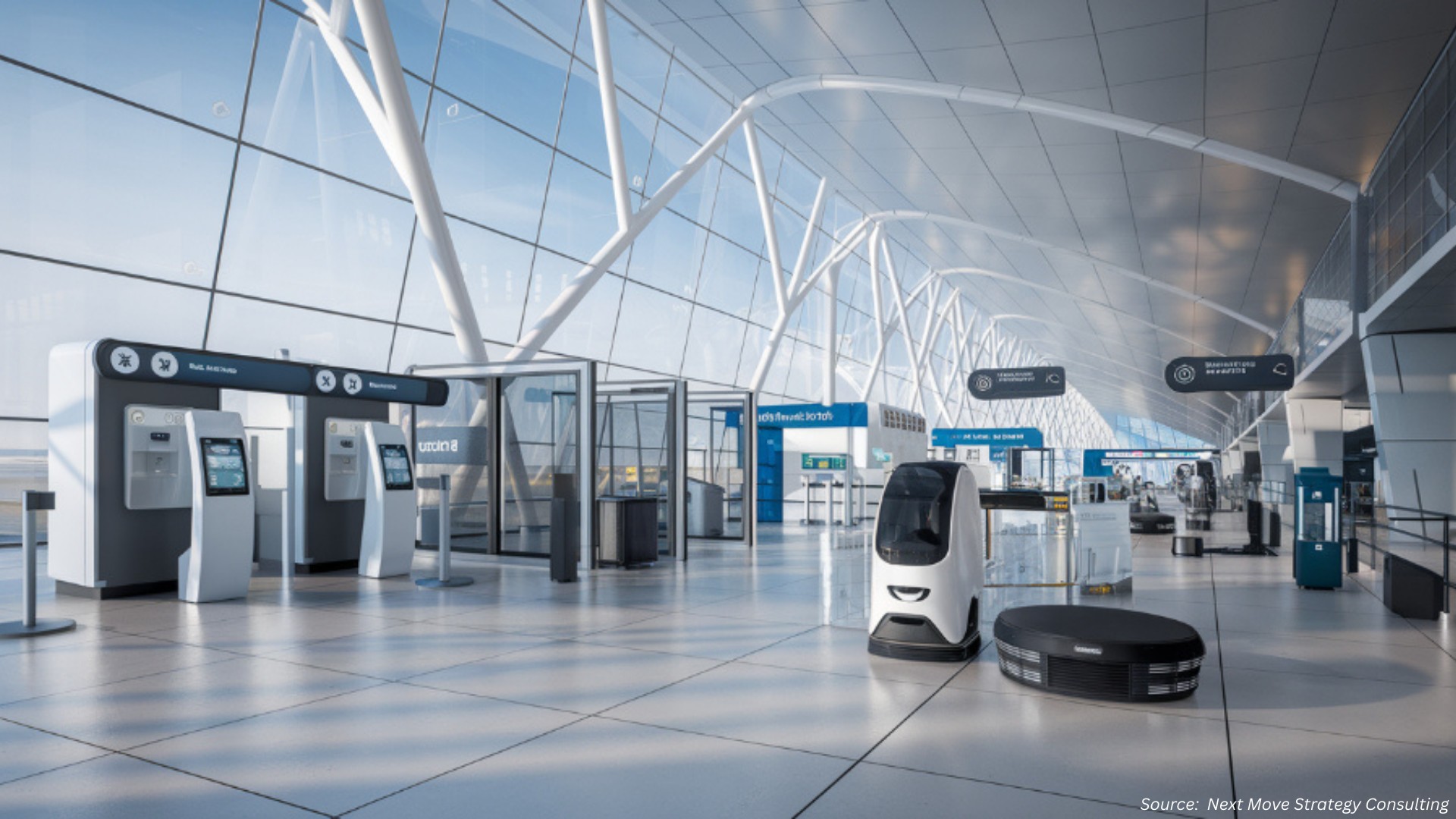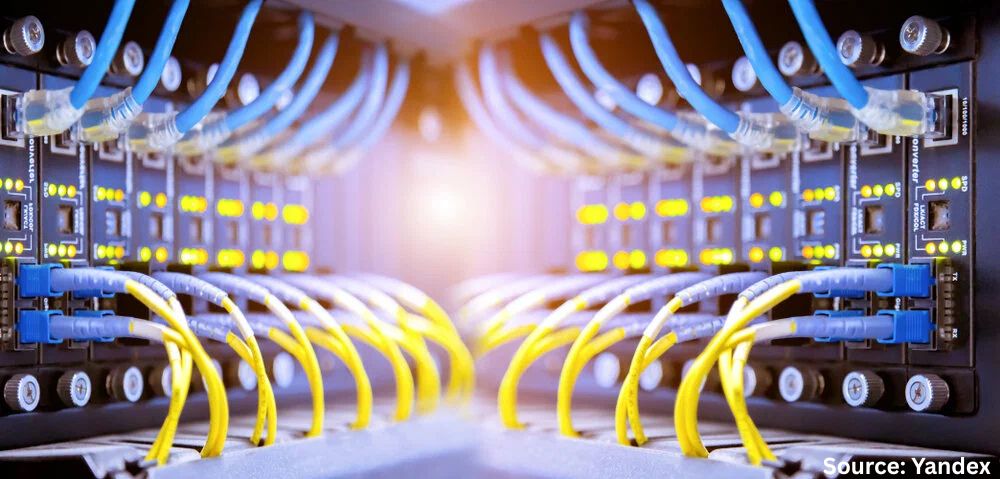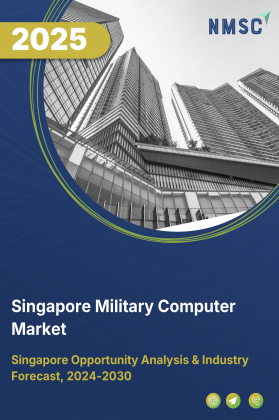
Singapore Military Computer Market by Component (Hardware, Software, and Service), by Product (Rugged Computer, Embedded Computer, and Wearable Computer), by Application (Command and Control Systems, Communication Systems, Combat and Tactical Operations, Intelligence, Surveillance, and Reconnaissance (ISR) Systems, and Others), and by End-User (Army, Navy, and Air Force) – Opportunity Analysis and Industry Forecast, 2025–2030.
Industry: Aerospace & Defense | Publish Date: 06-Nov-2025 | No of Pages: 154 | No. of Tables: 117 | No. of Figures: 62 | Format: PDF | Report Code : AD3666
Industry Outlook
The Singapore Military Computer Market size was valued at USD 112.2 million in 2024, and is projected to grow to USD 128.92 million by 2025. Additionally, the industry is expected to continue its growth trajectory, reaching USD 217 million by 2030, at a CAGR of 11% from 2025 to 2030.
The factors such as increased defense budget and growing military capabilities to strengthen defense system drives market growth. However, lack in availability and disruption in supply chain poses significant challenges to market expansion. On the contrary, the implementation of artificial intelligence offers promising future opportunities to enhance operational efficiency and decision-making capabilities.
Moreover, the top players such as Microchip Technology Inc. and Panasonic Corporation are taking various initiatives in order to enhance their market position and expand their product offerings. These initiatives are expected to drive innovation and adoption in the military computer market, improving the overall effectiveness and readiness of defense forces. With advancements in AI and ML, companies are focusing on developing reliable communication and autonomous systems, offering enhanced security, privacy, and user control. As the market matures, the increasing demand for enhanced operational efficiency and decision-making capabilities is expected to fuel further growth.
Increased Defense Budgets Driving the Singapore Military Computer Market Growth
The rise in military expenditures in the country drives the growth of the market due to facilitating investments in advanced computing systems aimed at enhancing operational capabilities. Military computers with its advanced technologies process vast amount of data that helps in rapid decision making. This enables defense forces to acquire advanced systems essential for real-time data analysis and mission-critical applications. The increase in defense budget by Singapore to strengthen its defense capability drives military computer market growth as the nation prioritizes technological advancements.
Growing Military Capabilities Strengthening Defense System Driving the Singapore Military Computer Market Trends
The rise of military capabilities in Singapore boosts the expansion of the military computer market due to the growing demand for advanced technologies that enhance operational efficiency and strategic decision-making. The need for complex mission computing solutions increases as Singapore modernizes its defense infrastructures, enabling real-time data processing, secure communication, and effective mission planning. The Lowy Institute Asia Power Index report mentions that Singapore’s score rose from 24.4 in 2023 to 24.5 in 2024, reflecting a growth of 0.4%. Consequently, the growth in military capabilities directly supports the expansion of the market as defense forces seek to integrate high-performance systems to maintain strategic advantage.
Lack in Availability and Disruption in Supply Chain Restrains the Singapore Military Computer Market Expansion
The lack of availability and interruptions in the supply of essential components delay the timely procurement of military computer systems. Without access to cutting edge technology, the defense sector of the country is unable to fully utilize advancements in real-time data processing, secure communications, and complex simulations that are critical for modern warfare. This delay in innovation prevents defense forces from leveraging the latest technologies, reducing operational efficiency and limiting the overall effectiveness of military computing solutions that in turn is restraining market growth.
Integration of Artificial Intelligence and Machine Learning Technology Creates Future Market Opportunities
The integration of advanced technologies, such as artificial intelligence (AI) and machine learning (ML) creates possibility for military computer market growth. The integration of AI and ML becomes essential as these technologies enhance operational efficiency and decision-making capabilities. Military computers with the ability to support autonomous systems, such as drones and unmanned vehicles, ensure secure, reliable communication between them and are opening up new opportunities for innovation in the defense sector. As defense budgets continue to rise and the need for advanced technologies increases, the integration of AI and ML in military computers is expected to drive significant growth in the market.
Competitive Landscape
Several key players operating in the Singapore military computer industry are Microchip Technology Inc., Panasonic Corporation, Collins Aerospace, Intel Corporation, ADLINK Technology Inc., Barco NV, Dell Technologies, Qualcomm Technologies, Inc., Thales Group, Curtiss-Wright Corporation, L3Harris Technologies, Inc., NVIDIA Corporation, MPL AG, Crystal International Group Limited, IBM Corporation and others.
Singapore Military Computer Market Key Segments
By Component
-
Hardware
-
Processors
-
Input/Output Devices
-
Others
-
-
Software
-
Operating Systems
-
Application Software
-
-
Service
By Product
-
Rugged Computer
-
Rugged Laptops
-
Rugged Tablets
-
Rugged Displays
-
Rugged Handhelds
-
-
Embedded Computers
-
Wearable Computers
By Application
-
Command and Control Systems
-
Communication Systems
-
Combat and Tactical Operations
-
Intelligence, Surveillance, and Reconnaissance (ISR) Systems
-
Others
By End User
-
Army
-
Navy
-
Air Force
Key Players
-
Microchip Technology Inc.
-
Panasonic Corporation
-
Collins Aerospace
-
ADLINK Technology Inc.
-
Barco NV
-
Qualcomm Technologies, Inc.
-
Thales Group
-
Curtiss-Wright Corporation
-
L3Harris Technologies, Inc.
-
NVIDIA Corporation
-
MPL AG
-
Crystal International Group Limited
Report Scope and Segmentation
|
Parameters |
Details |
|
Market Size in 2025 |
USD 128.92 Million |
|
Revenue Forecast in 2030 |
USD 217.0 Million |
|
Growth Rate |
CAGR of 11.0% from 2025 to 2030 |
|
Analysis Period |
2024–2030 |
|
Base Year Considered |
2024 |
|
Forecast Period |
2025–2030 |
|
Market Size Estimation |
Million (USD) |
|
Growth Factors |
|
|
Companies Profiled |
15 |
|
Market Share |
Available for 10 companies |
|
Customization Scope |
Free customization (equivalent up to 80 working hours of analysts) after purchase. Addition or alteration to country, regional, and segment scope. |
|
Pricing and Purchase Options |
Avail customized purchase options to meet your exact research needs. |

















 Speak to Our Analyst
Speak to Our Analyst



